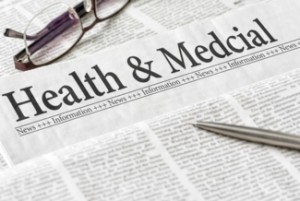 The nation’s first new guidelines in a decade for preventing heart attacks and strokes call for twice as many Americans — one-third of all adults — to consider taking cholesterol-lowering statin drugs.
The nation’s first new guidelines in a decade for preventing heart attacks and strokes call for twice as many Americans — one-third of all adults — to consider taking cholesterol-lowering statin drugs.
The guidelines, issued Tuesday by the American Heart Association and American College of Cardiology, are a big change. They offer doctors a new formula for estimating a patient’s risk that includes many factors besides a high cholesterol level, the main focus now. The formula includes age, gender, race and factors such as whether someone smokes.
The guidelines for the first time take aim at strokes, not just heart attacks. Partly because of that, they set a lower threshold for using medicines to reduce risk. Continue reading

 The number of people in America who died from taking prescription pain killers quadrupled between 1999 and 2010, a new report from the Trust for America’s Health says.
The number of people in America who died from taking prescription pain killers quadrupled between 1999 and 2010, a new report from the Trust for America’s Health says. Doctors sounded a warning Tuesday over a rise in ADHD diagnoses, saying some children may be needlessly taking powerful drugs intended to correct a poorly understood disorder.
Doctors sounded a warning Tuesday over a rise in ADHD diagnoses, saying some children may be needlessly taking powerful drugs intended to correct a poorly understood disorder. For nine years, Judith Doetterl kept a secret.
For nine years, Judith Doetterl kept a secret.






